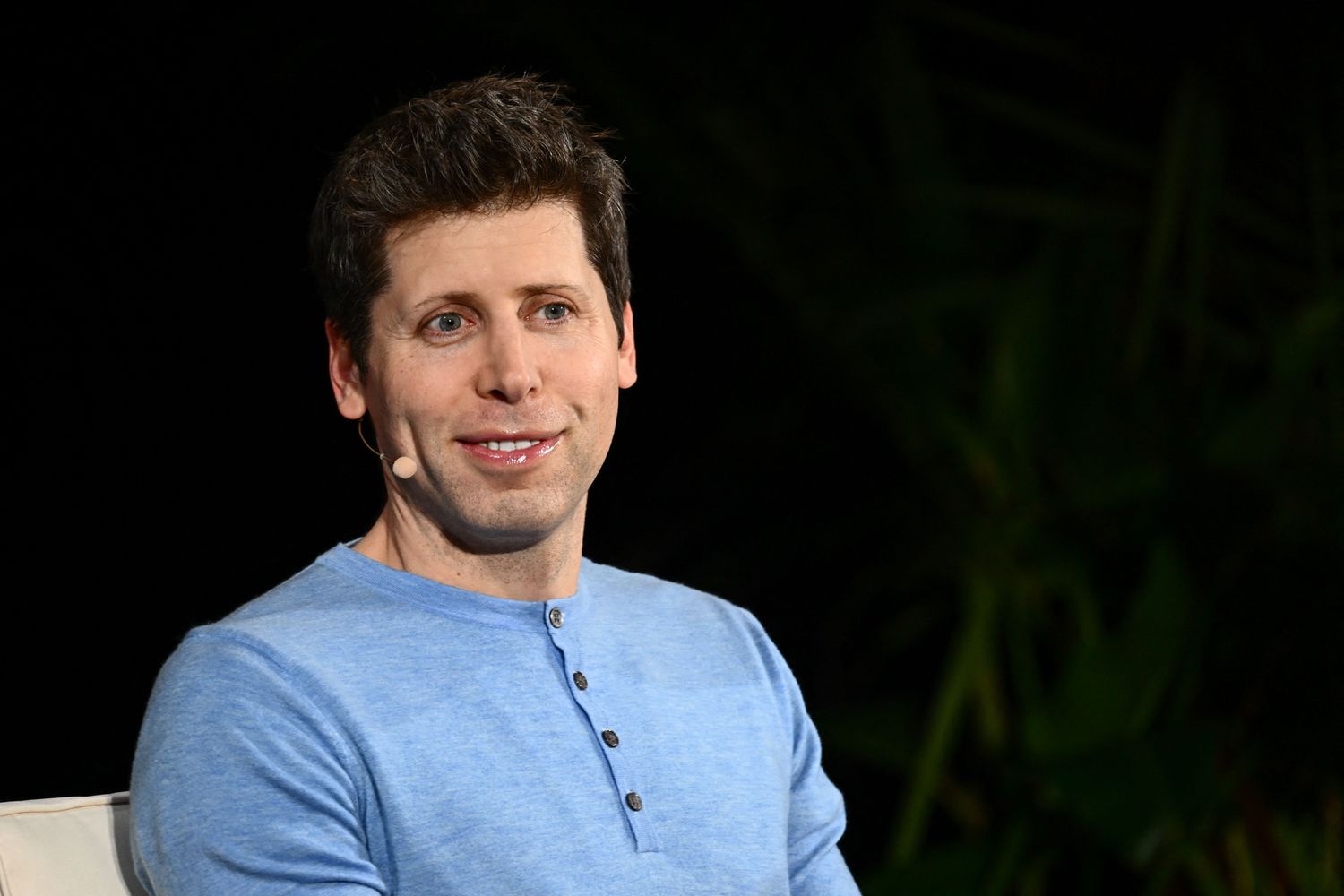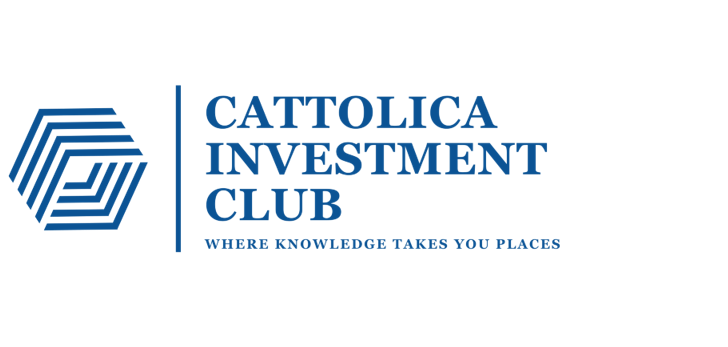
Jan 20th, 2024 – OpenAI CEO Sam Altman’s key to success: be direct, embrace rejection, and take calculated risks
OpenAI CEO emphasizes the importance of being clear about one’s goals and asking directly for what is wanted, as it significantly contributes to success. Altman believes that fear of rejection often restrains people from expressing their needs, leading to unfavorable outcomes.
Altman’s advice aligns with research indicating that people tend to underestimate others’ willingness to help or say “yes” to requests. The fear of rejection and the tendency to spend time in ways that do not coincide with personal desires are common obstacles to achieving one’s goals.
Altman’s philosophy revolves around being “willful,” a trait he considers key to success. He encourages individuals to challenge the status quo and not passively accept things as they are. Directly seeking what one wants, despite the potential negative turnover, can lead to surprisingly positive results.
Additionally, he highlights the importance of taking calculated risks. He emphasizes that it’s impossible to be right all the time, and the willingness to try many things and adapt quickly is essential for learning and progress.
OpenAI’s ChatGPT: revolutionizing productivity in coding, education, and healthcare
In a recent podcast episode with Bill Gates, Sam Altman highlighted three industries where ChatGPT proves particularly beneficial: coding, education, and healthcare. While emphasizing that AI systems cannot replace human jobs in these fields, Altman stressed the productivity gains achieved through the chatbot.
• Coding: ChatGPT assists programmers by speeding up tasks such as reviewing code, writing test cases, and answering questions. Altman claimed that the chatbot can make coding three times faster, though caution is needed as it may provide incorrect answers. The goal is not just efficiency but freeing up time for creative thinking at a higher level of abstraction.
• Education: AI systems help teachers design personalized curricula and lesson plans. They automate administrative tasks, such as attendance tracking and assignment reminders, allowing educators to focus on teaching. The technology can also enhance language learning and power tutoring programs, expanding access to personalized tutors, particularly in remote and underserved communities.
• Healthcare: While acknowledging that ChatGPT has passed the U.S. Medical Licensing Exam, Altman cautioned about its error propensity. However, AI tools can serve as digital assistants, streamlining administrative tasks like insurance paperwork for doctors. They also aid in analyzing research, summarizing medical histories, and answering patient queries, contributing to time savings and education.
Altman and Gates expressed excitement about the technology’s potential, recognizing its early stages and anticipating significant improvements over the next five to ten years.
Author: Simona Merlo
